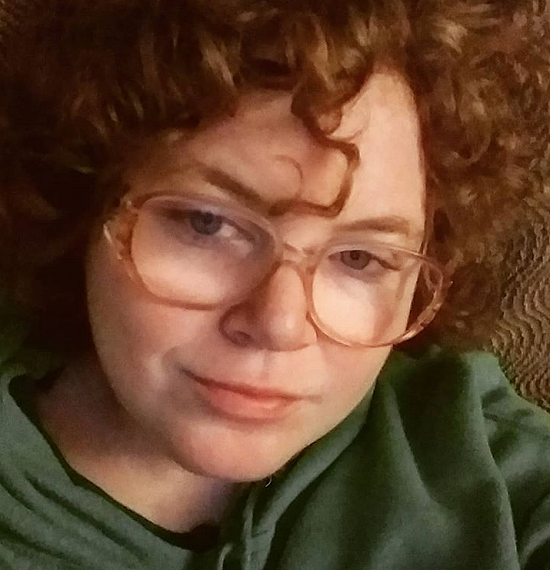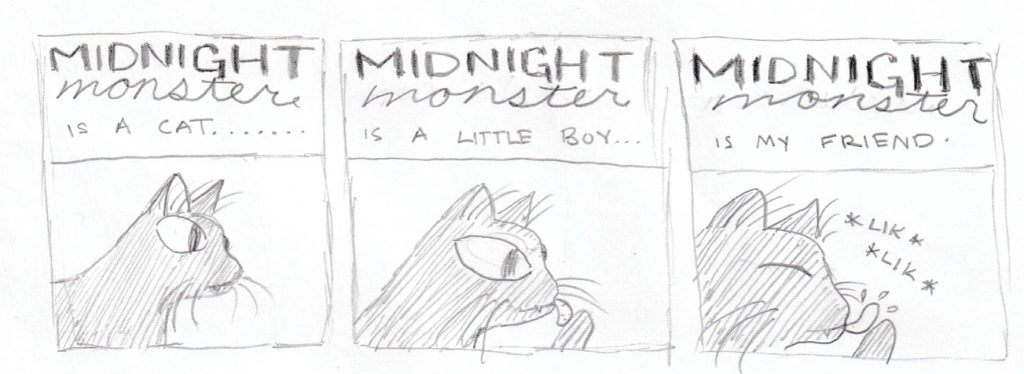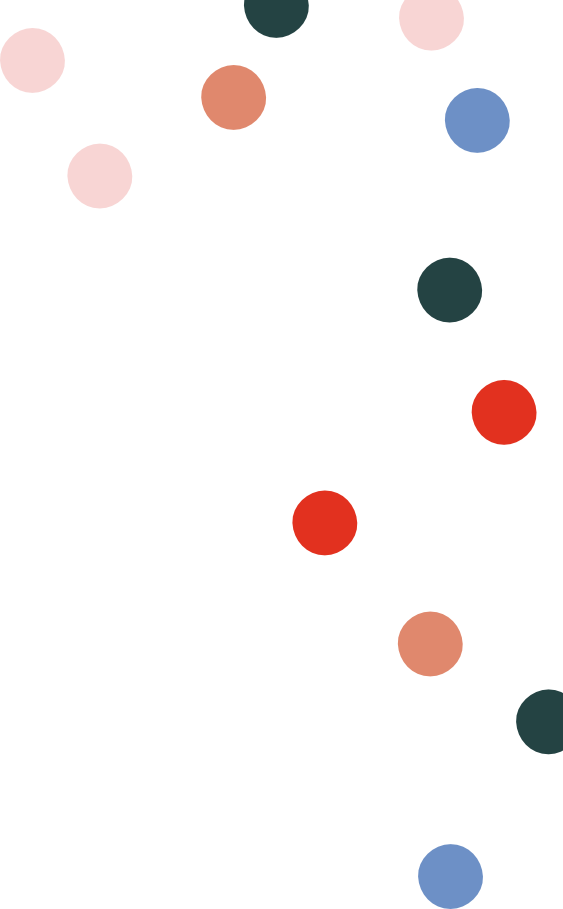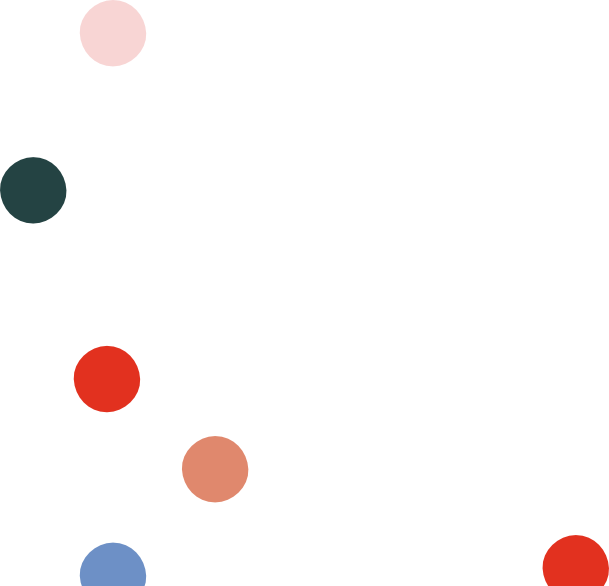
Meghan is a senior studying Social Science at PSU. “Originally I was a political science/government major, but I took a few too many history and sociology classes. I’m interdisciplinary now.”
*Trigger Warning*
prey —Meghan Bell
“In rural america, rapes increase during hunting season.” – V.L. Seek
pray for the rabbits whose hearts beat themselves dead
pray for the does who freeze on highway lines, steel hurtling fast
pray for the girls whose souls float feet above their heads instead of running
prey—the hunter hunts his prey and all we have are our instincts
all we have are our hearts, beating themselves bone dry
our feet running until they stop, our eyes
like headlights, looking in a mirror, a mirror
hurtling towards us at seventy miles an hour
does are off limits during hunting season but girls are not
rabbits have a gamey taste to them, too wild, but a girl
just tastes like chapstick and fear, alcohol and bad dreams
she freezes, like a doe, eyes just as wide, just as lovely a creature
and the steel barrel of a gun aiming for her throat just as effective
sometimes the gun doesn’t look like a gun and in his camouflage
the hunter looks like a friendly forest, just the green backdrop of home
it all feels natural—then the shot rings out and you stagger
he hasn’t anticipated the kill and can’t carry you home by himself
he leaves you there to bleed. you don’t remember feeling shot.
you remember floating just above your body as you watched
the hot lead penetrate your skin and you wished
the camouflage hadn’t tricked you quite so easily, you wished
to be safe at home, alone in the forest, you wished
he had preyed on some other deer
on some other girl
you think, I can’t believe this is my life
and it isn’t
Q: What inspired you to write the poem “Prey” and what do you hope readers take away from it?
A: This is a tough question. In part, “Prey” was inspired by an essay in the book Not That Bad, edited by Roxane Gay. The essay in question is titled “Utmost Resistance: Law and the Queer Woman or How I Sat in a Classroom and Listened to My Male Classmates Debate How to Define Force and Consent” by V. L. Seek — which sounds like a poem. The quote I use at the beginning of the poem is from that essay: “In rural America, rapes increase during hunting season.” That whole book is worth a read, if you get a chance, but it’s really difficult especially for survivors, so of course, take care of yourself.
The other part of it is that I am a survivor of sexual violence. My goal with this poem was to convey a certain feeling and state of being to my audience in the best way that I can. I’m basically pouring my heart out. I wrote the poem with slam in mind, because I have been really involved in slam here in Portland for almost a year now. It’s been a great way to open myself up and kind of air out that trauma in an encouraging and respectful environment. Which I guess goes into your next question!
Q: In what ways do you think art can be used to heal trauma?
A: I have had a lot of people say to me, this poem really spoke to them in particular. Honestly I am touched by that but it also makes me really sad, to know that so many people go through this and feel this same awful thing. Still, it is a little bit of a relief as a trauma survivor to see someone else talking about it and think, yes, I’ve been through that, whether it is through art, or just speaking out. Which aside from keeping predators accountable, is, I think, one of the main goals of Me Too. It’s also a relief just to talk about it, on the other side of that.
Q: What influences and inspires your art the most?
A: I read a lot! I’m minoring in English and just generally like to read. I haven’t taken any poetry classes yet, but I have a whole shelf in my apartment dedicated to poetry books. Some of my favorite authors are Shirley Jackson, Roxane Gay, and Lauren Beukes. My favorite poets include Mary Oliver, Tommy Pico, Rhiannon McGavin, Clementine von Radics, and too many other amazing poets to name!
Also, slam is huge. The poets at Portland Poetry Slam are my biggest inspiration and I am so honored to be friends with them. The national slam scene is just full of amazing poets as well. I’m so excited, because I might get to see Andrea Gibson when they come to Portland in the summer! Also I met their partner, Megan Falley, when she featured at PPS, and she was super nice.
Q: How do you go about transforming an idea into a finished project?
A: Usually I go through a few drafts. With poetry I’m often writing emails to myself on my phone. Sometimes I will even use voice recognition to try and write while I’m driving, but I don’t do that too often. Those usually need to be revised A LOT. I have a lot of ideas that I never finish. “Prey” started out as just an email with the Not That Bad quote in it. I don’t really remember the process of writing it, which is to be expected of a trauma poem. The only reply to that email is the final draft, except for a few minor line edits.
For longer form things, I do a lot of prewriting. Usually I don’t do outlines for poetry, but sometimes I brainstorm. I like a lot of those techniques your writing teacher gives you, I guess. Free-writing, spider charts, all that good English class stuff.
Q: What projects are you currently working on?
A: I am working on a novel, though I haven’t worked on it much over the last term — too many classes! It is about lesbian vampires, and it’s a story about surviving abuse and making yourself a home and a life (even if you’re undead). I think I’ll be pretty inspired by next term, because I’m taking an Archaeology of Ancient Egypt class and one of my characters became a vampire in ancient Egypt.
Other than that, I’m always working on poetry. Over winter break I’m thinking of putting together a self published poetry chapbook. I have a few short stories in the works. One of the short stories I wrote, Mary and the Mermaid, is coming out in the January 2018 issue of Sinister Wisdom, which is exciting! I’ve also become interested in comics, and adapted one of my poems, “Midnight Monster,” into a comic for my Graphic Novels class this term, so I’m hoping to self publish the booklet version of that as well. My comics style is heavily influenced by Lynda Barry.



